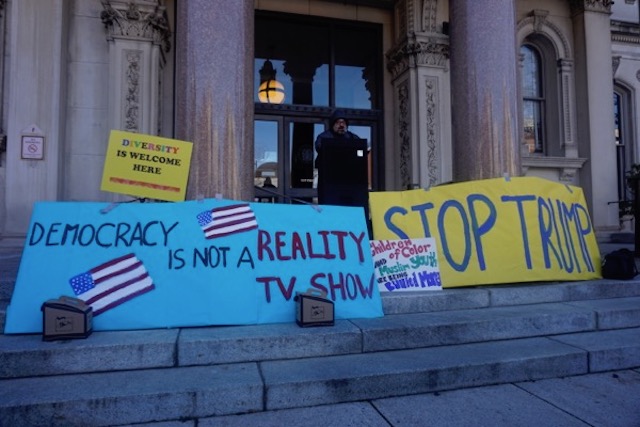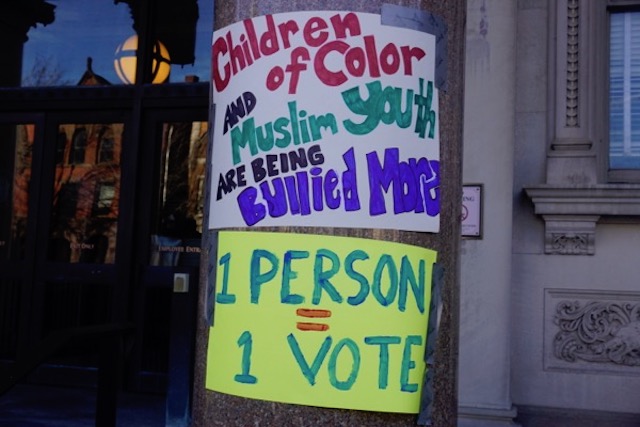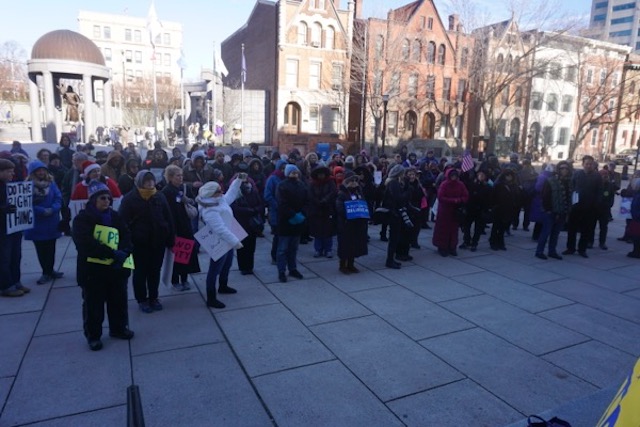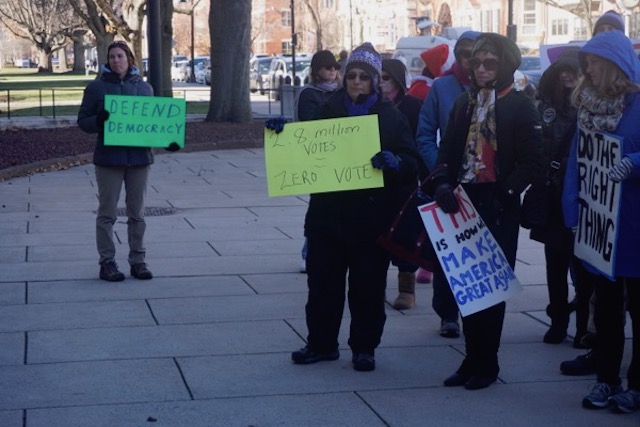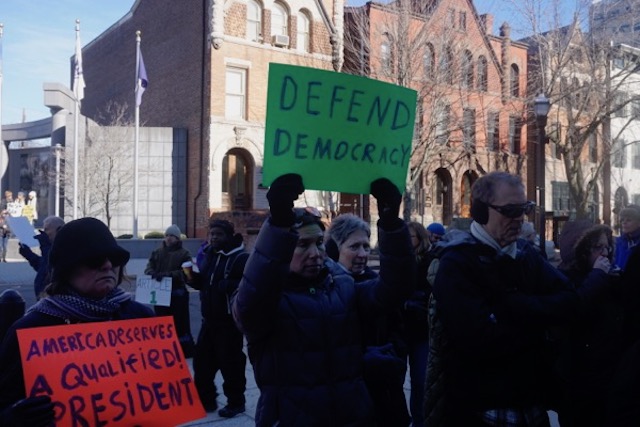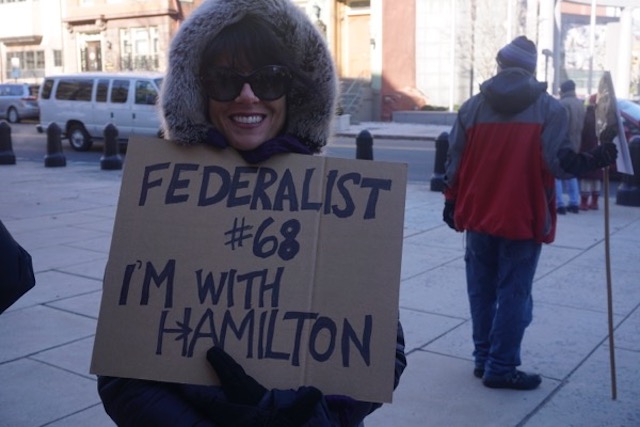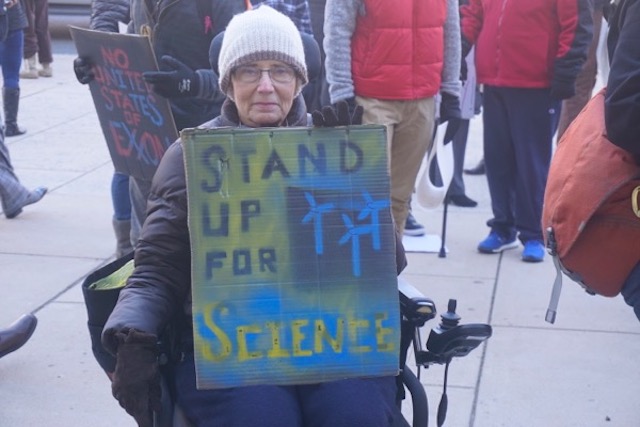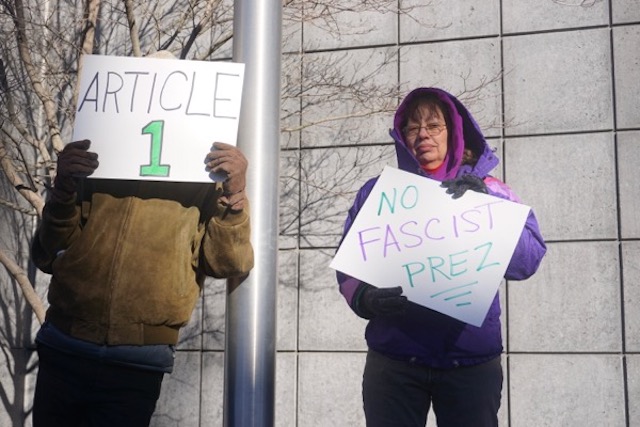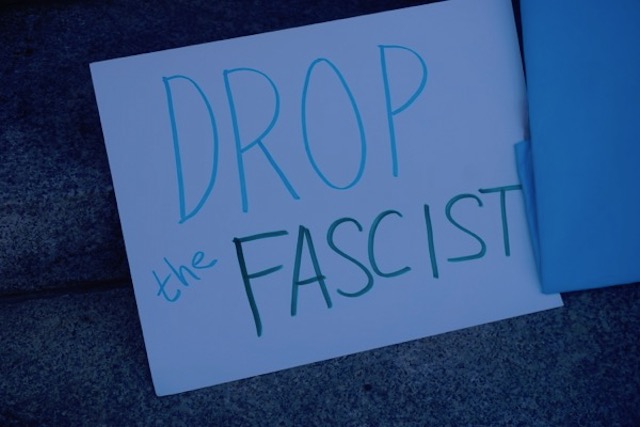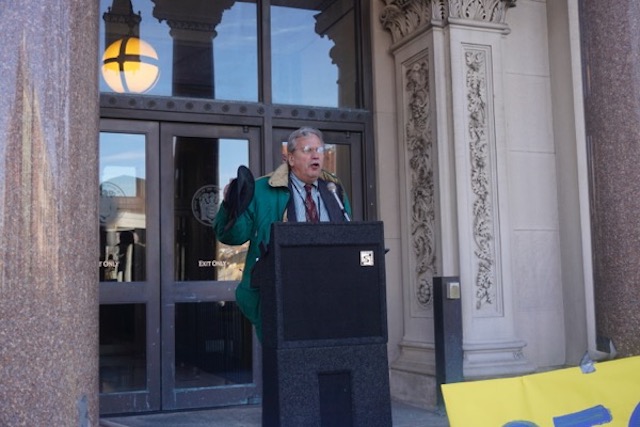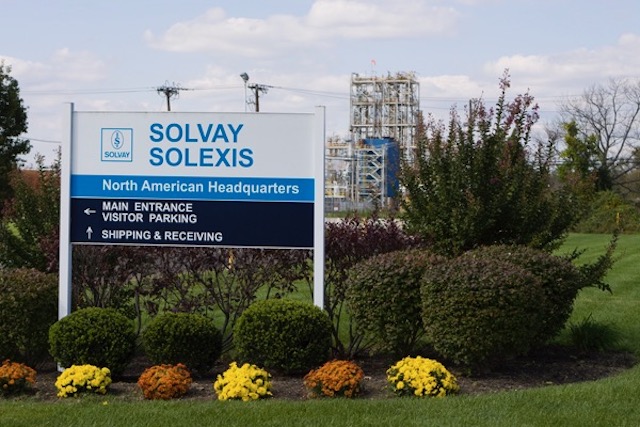More Misdirection From NJ Spotlight On Toxic Chemicals
The Pallone bill is an excuse and the cover for a Biden EPA to do nothing
NJ Spotlight has written another story on the family of chemicals known as PFAS, or “forever” chemicals, see:
Once again, the narrative misleads and diverts readers and activists about a host of issues. We’ll try to correct the record.
First, let’s start with the headline: it does mention “regulation”, but the story is about legislation, i.e. the Pallone bill.
EPA does not need new federal law to define PFAS as a “hazardous substance” and regulate it under Superfund. EPA has that authority under current law.
EPA does not need new federal law to require cleanup of PFAS contamination and make polluters pay for cleanups and natural resource damages under Superfund. They have that authority under current law.
EPA does not need new federal law to establish national drinking water standards for PFAS. They have that authority under the current federal Safe Drinking Water Act.
EPA does not need new federal law to establish water quality standards and pollution discharge permit (NPDES) limits for PFAS. EPA has the authority under the current Clean Water Act.
The reasons Democrats, like Frank Pallone, are pushing new legislation right now is:
1) to take the heat off the Biden administration and lower expectations and divert environmental activists and media away from focusing on and making regulatory demands of the Biden EPA.
Now that Democrats control EPA, Pallone should be focused on regulatory solutions available under current law, not new laws that have zero chance of passage; and
2) to make House Democrat’s look good and blame Senate Republicans for inaction.
During the last Congressional session, it was easy to sponsor legislation because Pallone and Democrats knew that the Senate would block it and/or Trump would veto it (and keep in mind that last session, Frank Pallone took the lead on opposing and derailing the Green New Deal).
Now that Democrats control EPA – and especially while Republicans hold veto power in the Senate on any new legislation – they should focus on EPA regulation.
The fact that Pallone and other Democrats are ginning up a national legislative strategy (in a press event coordinated with national environmental groups) is proof positive that they are playing political games and are not serious about protecting public health.
The Pallone bill is a diversion and an excuse and the cover for a Biden EPA to do nothing.
Second, The Pallone bill is another example of flawed, piecemeal, narrow, single chemical, and single issue/objective regulation.
There are perhaps 100,000 toxic chemicals being manufactured, used, and discharged to the environment that are either not regulated at all or are under regulated.
The last thing we need is more politically driven flawed legislative initiatives like Frank Pallone’s bill. Even within drinking water protections, it makes no sense to address chemicals one by one, with risk assessment and cost benefit analysis based standards. As we’ve written many times, a “precautionary principle” and “treatment based approach” would be far more protective and effective.
Third, NJ Spotlight fails to even mention the underlying federal law that EPA has authority to enforce and is failing to implement, despite its serious flaws.
That underlying flawed federal law is what allows corporations to keep information about the use and safety of toxic chemicals “secret”.
That law prohibits federal EPA regulators from disclosing “secret” information publicly, including information about the manufacture, use, discharge, and safety of toxic chemicals, and the development and manufacture of alternative new chemicals.
That law pre-empts more stringent and protective State law and muzzles State DEP regulators.
That law fails to enforce the “precautionary principle” and instead imposes a heavy scientific burden on EPA regulators.
That law erects numerous legal and procedural burdens to effective regulation of chemical safety.
That federal law is known as the Toxic Substances Control Act (TSCA)
The Toxic Substances Control Act of 1976 provides EPA with authority to require reporting, record-keeping and testing requirements, and restrictions relating to chemical substances and/or mixtures. …
Various sections of TSCA provide authority to:
- Require, under Section 5, pre-manufacture notification for “new chemical substances” before manufacture
- Require, under Section 4, testing of chemicals by manufacturers, importers, and processors where risks or exposures of concern are found
- Issue Significant New Use Rules (SNURs), under Section 5, when it identifies a “significant new use” that could result in exposures to, or releases of, a substance of concern.
- Maintain the TSCA Inventory, under Section 8, which contains more than 83,000 chemicals. As new chemicals are commercially manufactured or imported, they are placed on the list.
- Require those importing or exporting chemicals, under Sections 12(b) and 13, to comply with certification reporting and/or other requirements.
- Require, under Section 8, reporting and record-keeping by persons who manufacture, import, process, and/or distribute chemical substances in commerce.
- Require, under Section 8(e), that any person who manufactures (including imports), processes, or distributes in commerce a chemical substance or mixture and who obtains information which reasonably supports the conclusion that such substance or mixture presents a substantial risk of injury to health or the environment to immediately inform EPA, except where EPA has been adequately informed of such information. EPA screens all TSCA b§8(e) submissions as well as voluntary “For Your Information” (FYI) submissions.
Given that TSCA is the source of all these problems, has far broader application than the Pallone bill, and who could provide significant solutions – including lack of strict EPA regulation and enforcement, a problem that can be partially remedied by an aggressive Biden EPA – why is it never even mentioned by environmental groups and media coverage?
TSCA is an egregious example of law and regulation being used to protect corporate interests, not to protect the public and public health and the environment.
I’ve made NJ Spotlight reporter Jon Hurdle aware of these issues numerous times – here’s my latest attempt today:
Jon – the underlying federal statute whose flaws are exposed by Paulsboro PFAS and the use of more toxic “secret” alternatives in the Toxic Substances Control Act (TSCA).
If it were fully enforced across the board, it would be far broader and more effective than a single drinking water standard for PFOA.
Why is NO ONE reporting about TSCA regulation and what it is supposed to do? Why are ENGO’s not even mentioning it? NJ Senator Booker was lead sponsor of “reforms” that have proven ineffective.
Here’s EPA press release:
“WASHINGTON (June 22, 2020) — Today, as part of the U.S. Environmental Protection Agency’s (EPA) Per- and Polyfluoroalkyl Substances (PFAS) Action Plan, EPA is issuing a final rule giving the agency the authority to review an expansive list of products containing PFAS before they could be manufactured, sold, or imported in the United States. This action, issued under the Toxic Substances Control Act (TSCA), means that EPA is prohibiting companies from manufacturing, processing, or importing products containing certain long-chain PFAS, which persist in the environment and can cause adverse health effects, without prior EPA review and approval. As part of the agency’s review, EPA could place restrictions on these products to protect public health.”
Wolfe
Despite all this, I have never seen any NJ press corps ever report substantively on TSCA (other than to praise prime sponsors former Senator Frank Lautenberg and current Senator Cory Booker).
Booker has bragged about his role in “reforming” TSCA and celebrated the passage of that weak law, so one would think he would be accountable for TSCA’s blatant failures.
What explains that news blackout?
[Personal Endnote:
While at Cornell graduate school (1983-1985), I wrote a paper on TSCA for Professor Ted Lowi’s government class. (Ted died in 2018)
As somewhat of an aspiring expert in the interface of administrative law, environmental law, and science, I was able to write in depth about the various nuanced scientific and legal burdens and administrative and rulemaking procedures under TSCA, how they had been interpreted by the US Supreme Court, and explain how they handcuffed EPA and represented a strong pro-industry bias.
Professor Lowi provided both the highlight and the humiliating lowlight of my short lived academic career.
On an exam paper, he blasted me for “spewing drivel and parroting lectures”. Of course I was crushed by that!
But on the TSCA paper, he wrote that it was very good, good enough to be published!
Had I any ambition and run with that, things would have worked out very differently. ~~~ end note]
